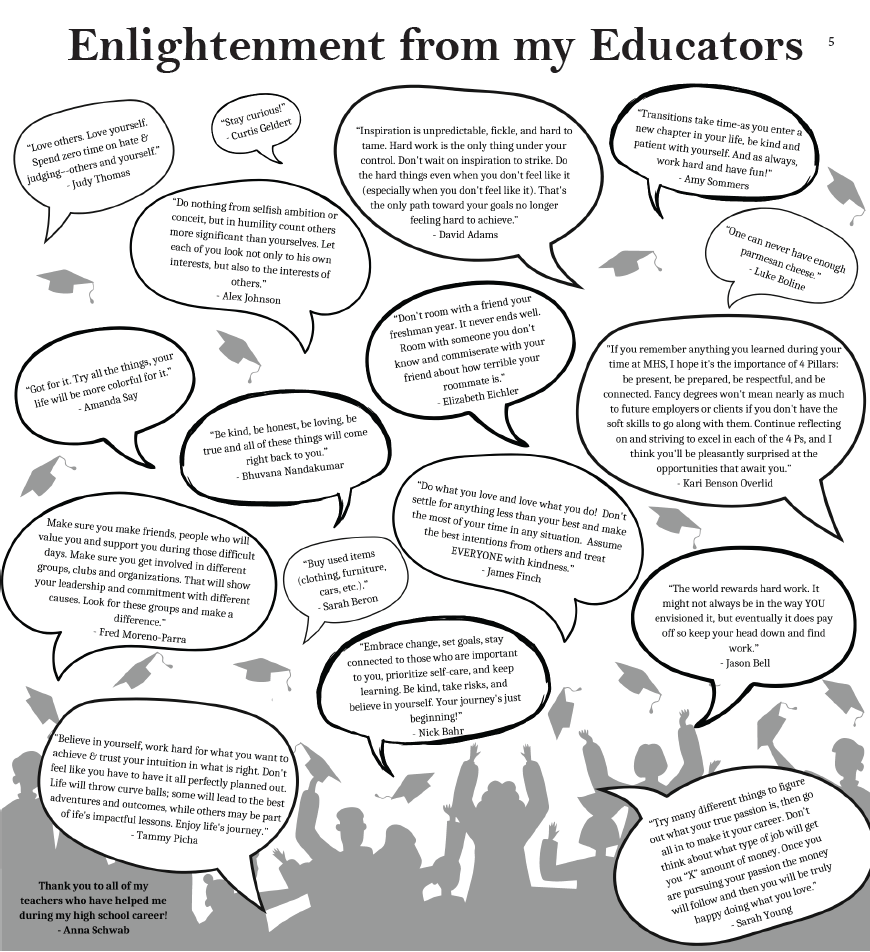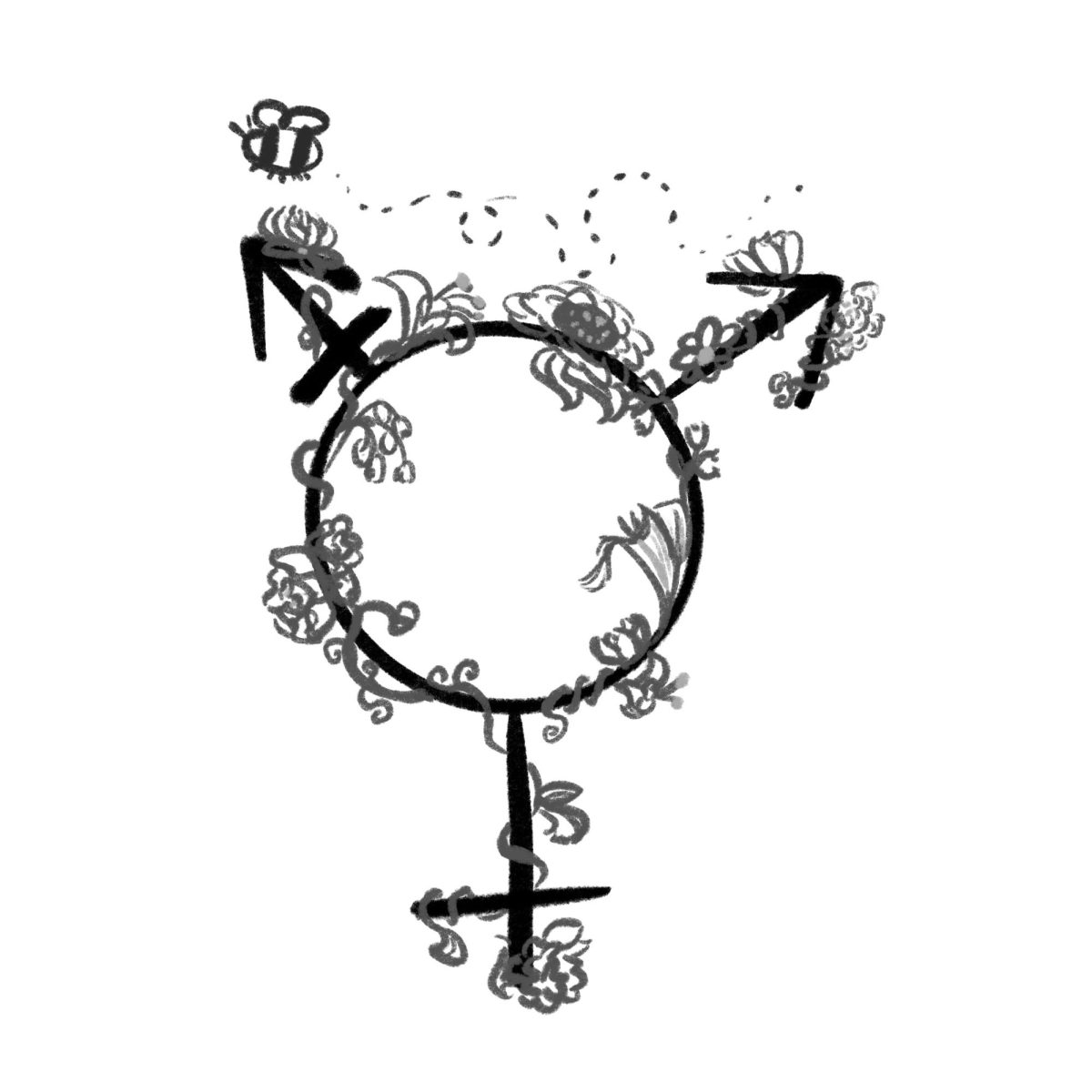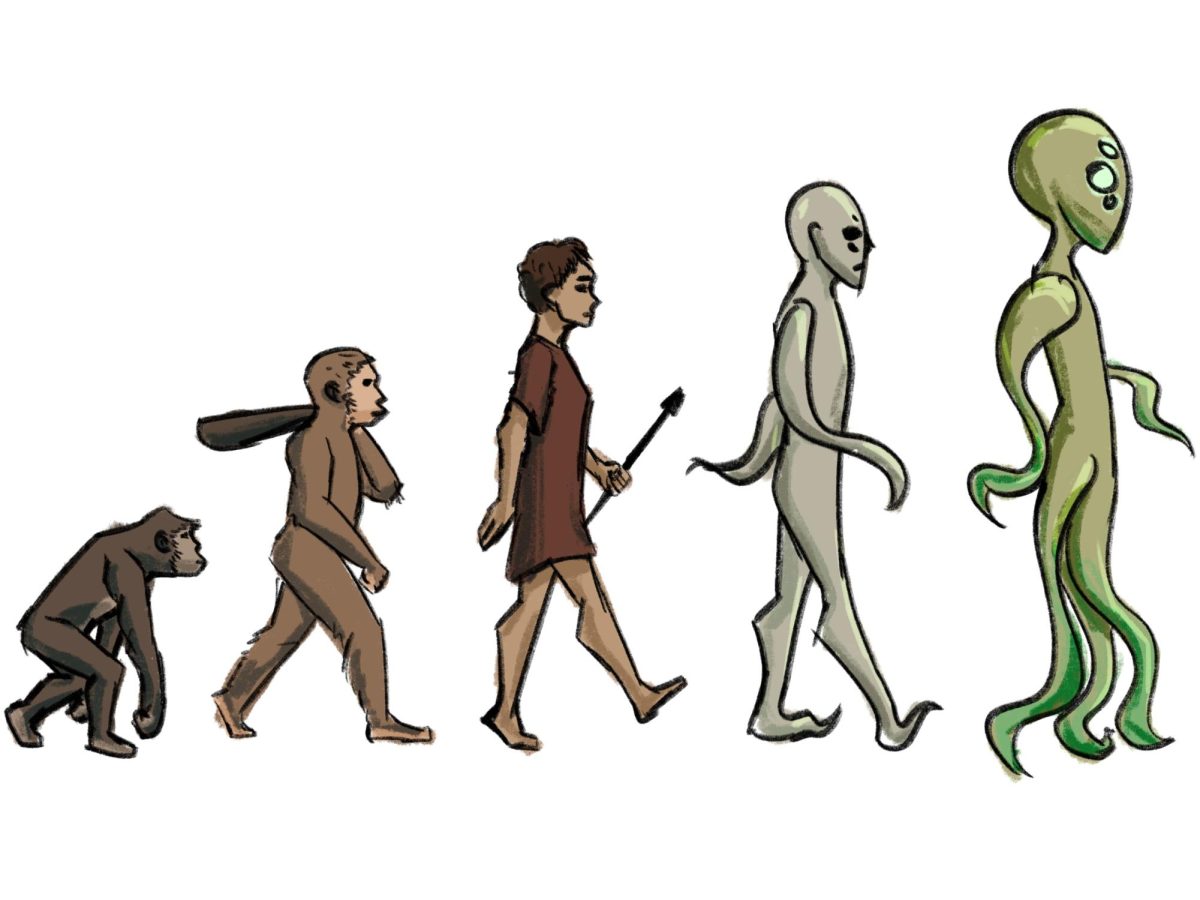The Drawbacks of Escapism and Film’s Influence on Me
May 21, 2021
Many of my interests and ideas have changed since I was younger. Given my strong liberal beliefs, I think few would believe my earlier status of a Republican who played around three sports at once. Yet, one thing has undoubtedly stayed the same: my love of movies and tv. I mean, how could you not love film? But, in my case, watching TV as well as reading books built a second world. A world that, to be honest, I spent much more time in than the world of school and sports.
I spent my childhood reading A History of Magic with Hermione Granger and exploring the magical land of Narnia with Lucy Pevensie. When I read, I truly was transported to a different world, a world I could call home. Now, I cherish this home that was established when I was younger. While the books that I read and films that I watch have changed, I am still able to find comfort and passion all while carrying that feeling of “home.” Living in this world has shaped my perspective immensely. Going into high school, I have had much less time to enjoy films and shows; nevertheless, there are some key lessons that I have noticed.
As you could probably tell, I love the sense of escapism that watching a good movie or reading a book can bring. Nonetheless, escapism, I have found, comes with one major drawback: idealization. In some ways idealization has been positive, making me want to travel more. However, I have also found myself over-idealizing the results and situations in life.
Not only has the setting influenced me, but the characters have as well.
If there ever was a character that I idealized, it was Rory Gilmore. To me, she lived the perfect life. She was valedictorian at her prestigious college preparatory school and got into Harvard, Princeton, and Yale (the only schools she applied to by the way), but also had the time to hang out with her friends, read an unbelievably extensive list of books and attend fun town events and carnivals every other episode. Going into high school, this created many unrealistic expectations for my experience, making me believe that any goal can be achieved with a bit of hard work. Next, even if Paris in Gilmore Girls was written to add a layer of comedy to the show, her presence showed me the value of unashamed ambition.
Misrepresentation as well as a lack of women in films is a tale as old as time. Besides the usual constant sexist comments, there are also many, many tropes. But, one that particularly bugs me is the ambitious females portrayed as villains trope, especially when it is included in a subtle way. Other than Paris, two prominent examples of this are Sharpay Evans and Miranda Priestly, both of whom are unfairly represented in my opinion.
In High School Musical, Sharpay Evans is the drama queen of East High. In this movie series, Troy and Gabriella come together and realize that, on top of all their other talents, they can sing together too. They end up getting the lead spot in the musical, a spot that neither of them seems to really want. As the “villain” of the show, Sharpay conspires against them and leads a plot designed to make her the lead. She is portrayed as petty and unreasonably irritated. But, shouldn’t she be annoyed? Sharpay spent her entire life practicing in musicals and attempting to reach her aspirations of performing on Broadway. Then, in the blink of an eye, this is all gone when two people who both don’t seem grateful or prepared to work hard for the musical all the sudden replace her. If I was in her position, I would be pretty annoyed too. Yet, she is cast as the villain of the movie.
Similarly, Miranda Priestly in The Devil Wears Prada is also considered the villain, even though we all know this spot belongs to Nate (the unsupportive and obnoxious boyfriend to Andrea, the main character). In this movie, she is the villain, because she is seen as “irrational” for not being thrilled to hire Andrea (Anne Hathway’s character). But, she is running the most successful fashion magazine in the world.
In all of these instances, the main, kind characters all do well for themselves while being judged by others for their success. Therefore, it creates the precedent that there is something inherently wrong with ambition when it comes to women. Watching all these movies all made me consider my own ambition. But, there is the projection of a “right” or “acceptable” level of care. In my opinion, there is nothing wrong with dedicating yourself to your ambitions. Consequently, movies and tv shows have altered my perspective, even if not in the way they intended.

























